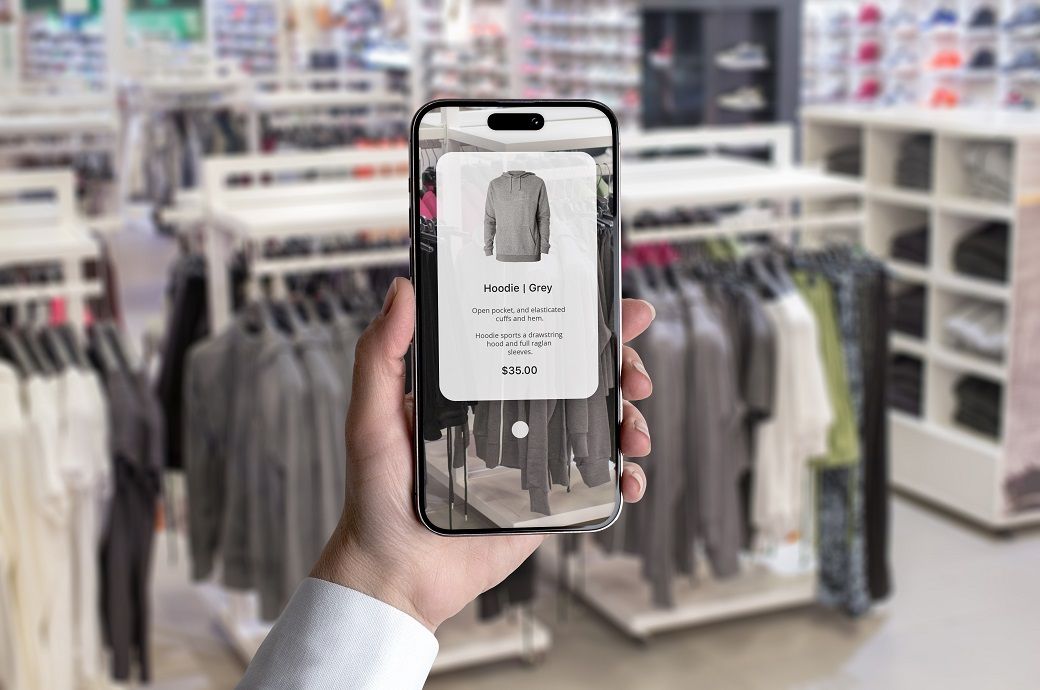Only 14% of Americans use AI shoppers despite growing awareness: Study


For current users, key benefits include getting answers to product questions (44 per cent), finding specific items (41 per cent), and locating the best deals (34 per cent). For non-users who are open to trying AI, the most appealing features are price comparisons (67 per cent), evaluating similar products (56 per cent), and accessing product information (55 per cent).
However, trust is a major barrier. Forty-one per cent of Americans say they do not trust AI shopping assistants at all, and only 13 per cent mostly or completely trust them—compared to 53 per cent who trust personal recommendations. Privacy concerns, a preference for human assistance, and fears of upselling further fuel scepticism.
AI shopping assistants remain underused in the US despite 43 per cent awareness, with only 14 per cent having tried them.
Gen Z and parents show the highest adoption.
Users seek answers, deals, and product info, but trust remains low due to privacy concerns and scepticism.
Interest is strongest in clothing, electronics, and groceries.
Wider adoption hinges on building trust and proving real value.
When it comes to shopping categories, consumers are most open to using AI for clothing and accessories (20 per cent), consumer electronics (21 per cent), groceries and household essentials (19 per cent), and travel planning (18 per cent). Interest is much lower for purchases involving finances, vehicles, or pet care.
Retailers such as Walmart and Amazon are already deploying AI tools like Sparky and Rufus to improve customer experience. Yet, the study highlights that broader adoption depends on demonstrating genuine value, safeguarding data, and rebuilding trust—especially among more cautious consumers.
Fibre2Fashion News Desk (SG)
